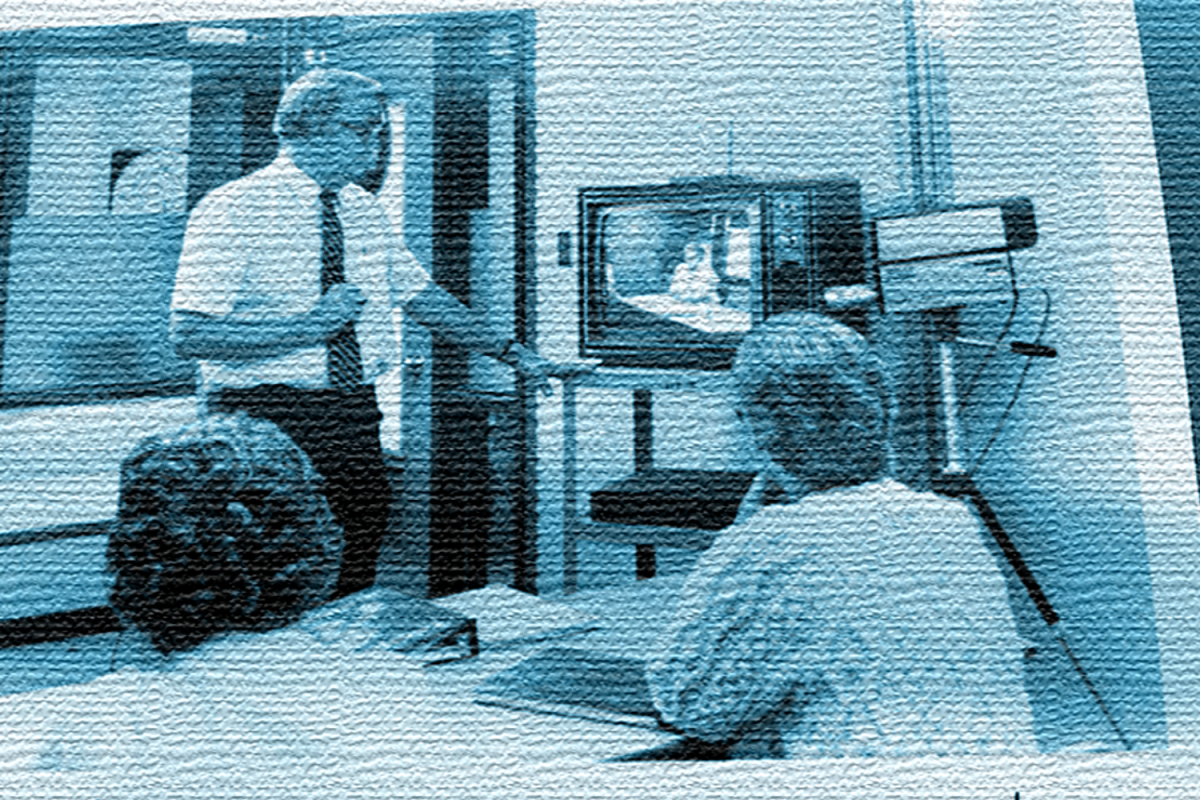
Queen to G3. I sat with my arms crossed on a table too tall for me, the black and white queens and kings looming ahead. One move to checkmate. He would be forced to capture with his pawn. Pawn to G6. The sequence of moves drawn on the blackboard flashed across my mind. I was going to win, of course. I had it all planned out.
It was simple to my prepubescent mind. Know the game to know how to win. Strategy, my parents repeated, was a valuable indicator of competence and the single greatest key to success. I studied the Bird’s Opening, the Sicilian Defense atop fading fabric chess boards. I learned specific intersections of tiles in Catan that would send resource cards flooding into my hands. In Dominion, I would never take an Adventurer card because it wouldn’t be gold well-spent. There were fatal flaws, and there were moves that would guarantee me the win — I just had to know which was which.
The strategy I learned, snaking between make-believe canyons and warring soldiers, soon fled the confines of the game board and became intertwined in my life. My parents continued to explain: logic and rationality were what separated the good decisions from the bad. And I thought, what was life if not a series of decisions? What was life if not a game? Games seemed to resemble reality, complete with monetary resources, a litany of choices to be made by each player and the bluffs amid opponents. In a too-large world at the age of 10, I found life more comprehensible as a game. I told myself that if I studied the right way, and if people liked me enough, I would find the success I wanted. I would win because I had it all planned out.
Yet, despite the label of being strategic, every board game was permeated by luck in the form of dice or shuffled cards. I could do everything “right,” and a bad dice roll would still grind my game to a halt. At a time when I felt as if I could see all the pieces of my life laid out stationary on a board in front of me, it was frustrating to find that simple strokes of luck could usurp success and that in reality, “strategic” decisions I made were often deemed ineffective in the face of life’s twists and turns.
It’s true, sometimes I see my life in the eyes of my shadow cast forward three years — three steps — ahead. My focus lingers on the strategically drawn cards in my hand, the cards I know the person across from me holds. I’ll worry, “Bluff or truth?” “Will the dice roll in my favor?”
But life isn’t a game. It won’t be the wind that blows the dice the wrong way that decides my success. Strategy is a strength, but I know that a decision made at 18 years old won’t make or
break me. There’s no telling if the deck is correctly shuffled, if the dice are fair. If I played life a hundred times, it’s unlikely I would ever uncover its great secret and the key to winning. Life is a winding journey — no cards, no rulebook, no points — so I think I’ll just enjoy the ride.










































































